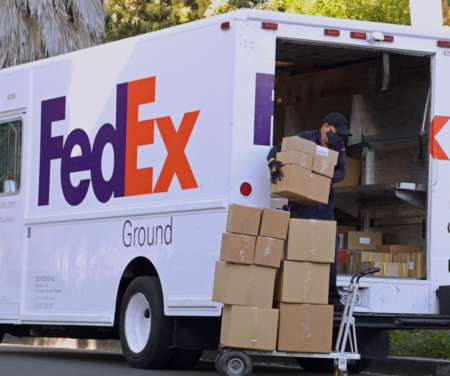Wanted: Supply Chain Architects!
Supply Chain Shaman
MAY 13, 2015
Let me start with a true confession: I am a manufacturing gal. I relished the sound of a manufacturing line when I opened the door of the factory in the morning, and I liked managing inputs so that we could maximize outputs. Manufacturing is the foundation of my interest in supply chain management. It is now part of my DNA.
















Let's personalize your content